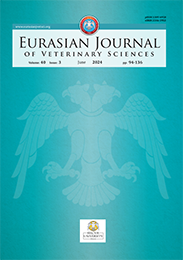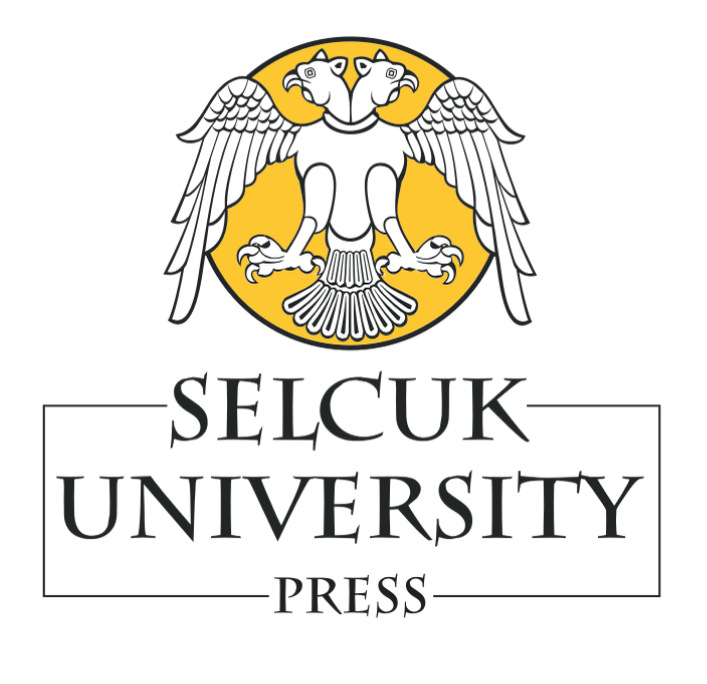| 2025, Cilt 41, e0447 |
| [ PDF ] [ Benzer Makaleler ] |
| Silage Studies Published in DergiPark Infrastructure: A Bibliometric Analysis |
| Sevket Evci1, Erva Eser2 |
| 1Kırıkkale University, Delice Vocational School, Veterinary Department, 71670, Kırıkkale, Türkiye 2Kırıkkale University, Faculty of Veterinary Medicine, Biostatistics Department, 71450, Kırıkkale, Türkiye |
| Keywords: Animal nutrition, DergiPark, bibliometric analysis, silage |
| Downloaded:4 - Viewed: 19 |
|
This study aims to analyze the thematic and methodological trends in silage
research published in DergiPark, focusing on the most frequently discussed topics:
silage quality, fermentation processes, and the use of additives. By systematically
analyzing publication patterns and methodological approaches, the study seeks to
provide insights into the evolving research landscape. A systematic analysis of silage
studies in DergiPark examined key research topics, methodologies, and trends.
Research was categorized by forage quality, fermentation efficiency, and additive
use. Predominant methods, including chemical analysis, digestibility studies, and
in vitro techniques, were assessed. The study also evaluated the growing role of
microbial additives, particularly lactic acid bacteria, in fermentation improvement.
The findings revealed that silage quality, fermentation processes, and additive
applications are the dominant research themes. Corn and alfalfa were identified as
the primary silage crops due to their significance in feed quality and productivity.
Chemical analyses and digestibility studies were the most frequently utilized
methods for evaluating nutritional value and preservation efficiency. Additionally,
a notable rise in the application of in vitro methodologies was observed. The use
of microbial additives, especially lactic acid bacteria, was found to significantly
enhance the fermentation process. This study highlights the current research trends
in silage studies and suggests future directions for improving silage production
efficiency. Further exploration of in vitro methodologies and microbial additives is
recommended to enhance sustainability and nutritional quality. Expanding research
on diverse silage crops and novel additive applications could provide valuable
insights for both scientific and industrial advancements.
|
| [ PDF ] [ Benzer Makaleler ] |





